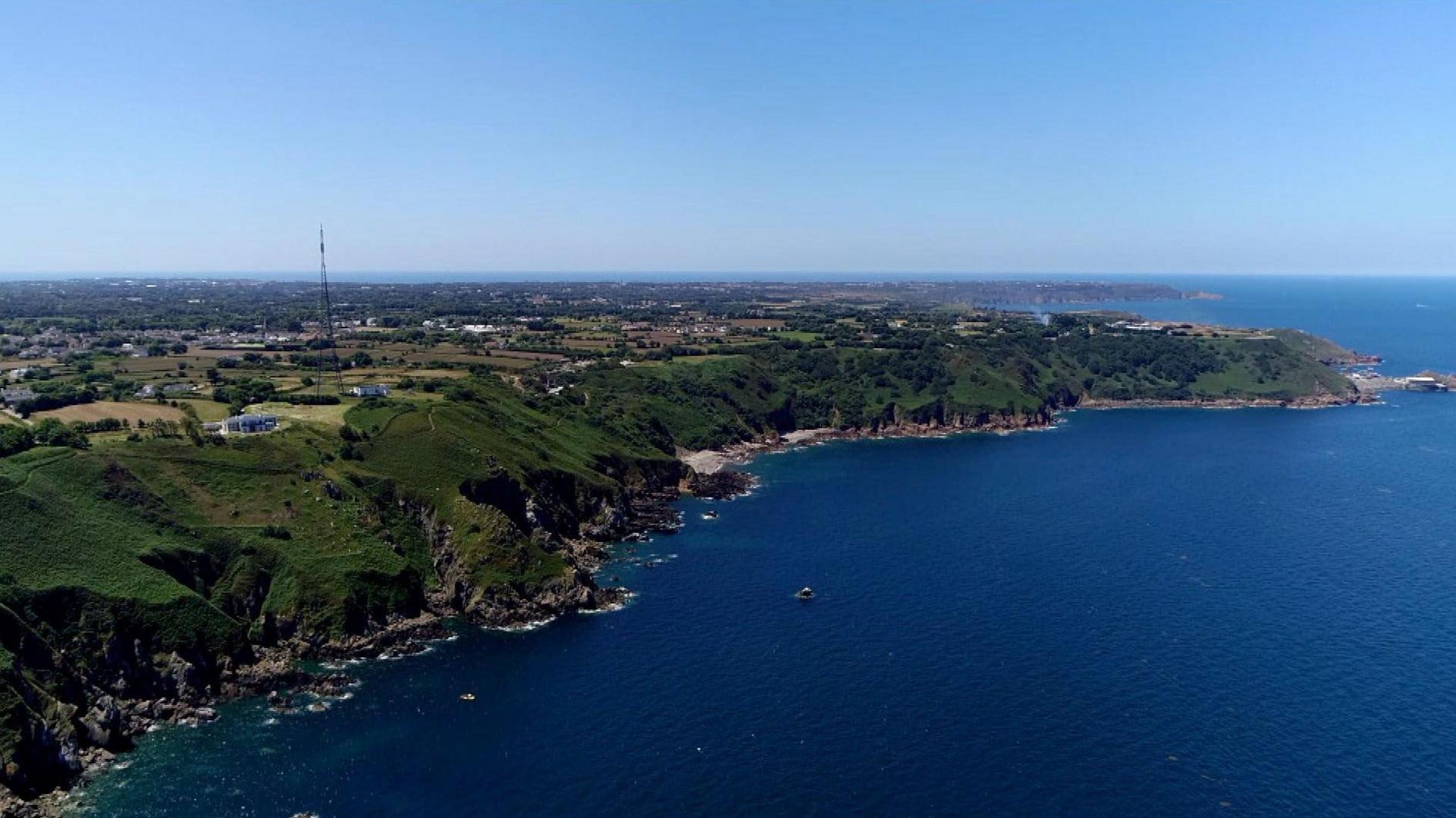Panel fears marine plan could destroy habitats
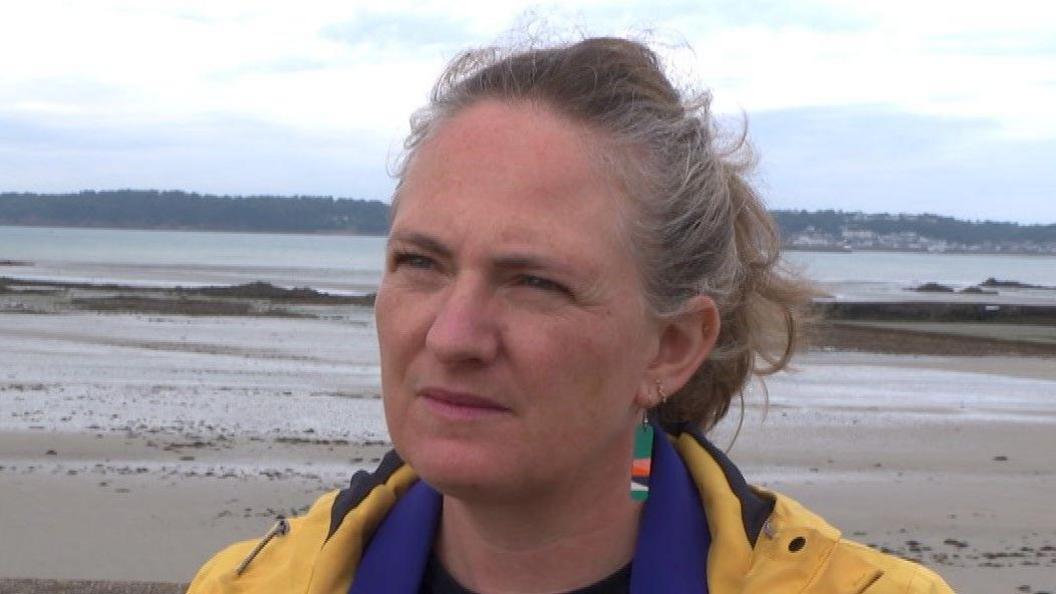
Deputy Hilary Jeune and the environment scrutiny panel want the minister to make amendments to the marine spatial plan before politicians vote on it
- Published
A scrutiny panel has said the environment minister needs to make two "key amendments" to a plan to protect Jersey's marine environment amid concern it could destroy important habitats.
The Environment Minister Deputy Steve Luce published a revised version of the Marine Spatial Plan, external (MSP) in July that reduced the amount of protected marine area from 27% to 23% of island waters.
He said he was trying to balance the needs of "the fishing fleet and the environmentalists".
Chair of the environment scrutiny panel Deputy Hilary Jeune said she wanted the States Assembly to approve "adaptations" to the MSP before it is debated on 22 and 23 October.
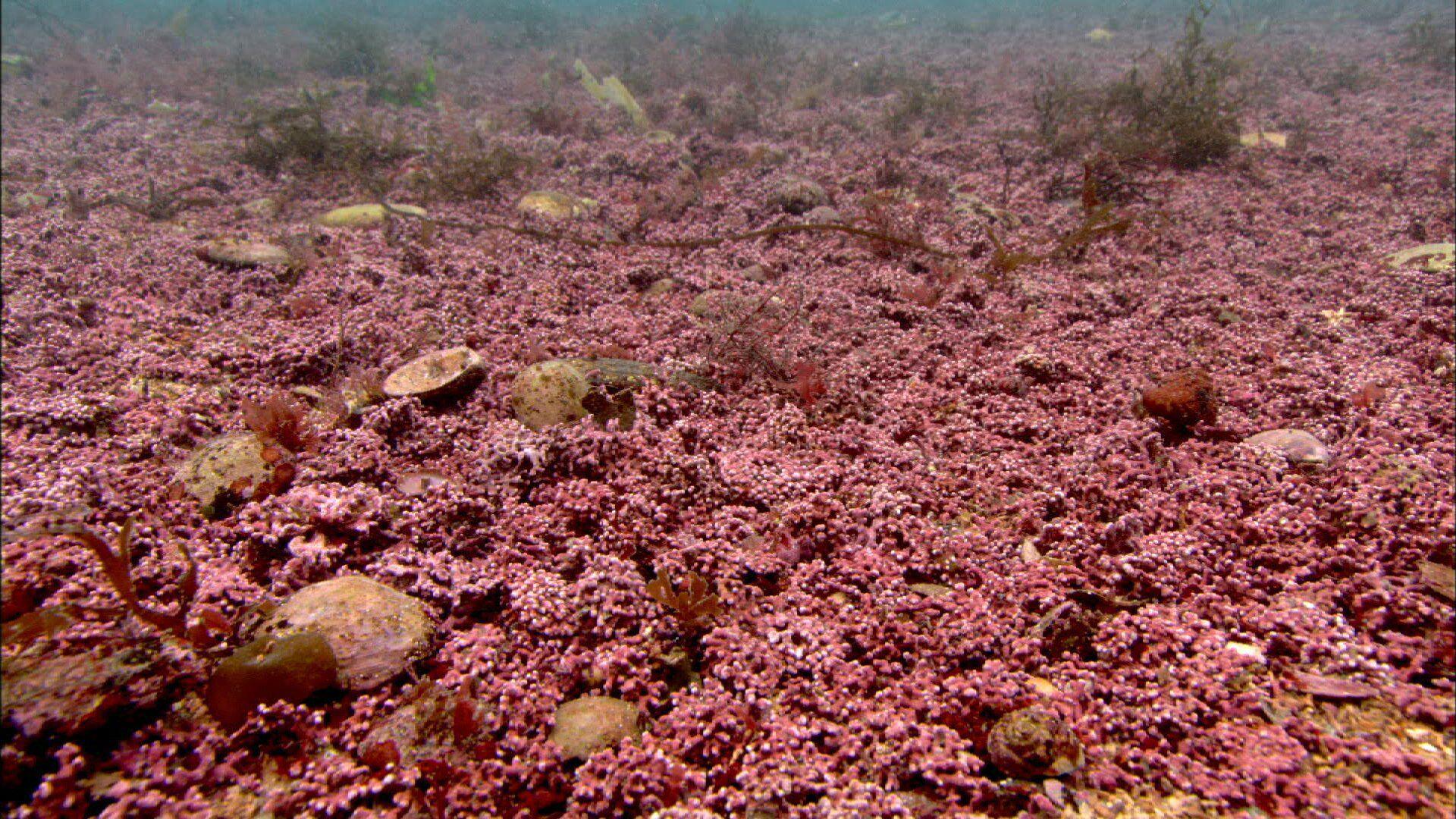
Maerl beds are made up of a rare type of pink calcified seaweed
She said the first amendment is asking the assembly to mandate the environment minister to create a "framework" to track the progress of the MSP.
Jeune said the second amendment is to ask the assembly to discuss each proposed marine protected area individually.
The proposed marine protected areas are parts of the marine environment where fishing activity would be limited.
Jeune said the panel felt there was a "misunderstanding" about the marine protected areas and why the minister had reduced or changed some of them.
She said she was concerned local maerl beds - made up of rare pink calcified seaweed - would no longer be protected.
Jeune said: "They hold nurseries for a number of fish and crustaceans that can also sustain the fishing industry in the long term.
"If we destroy them now, we will not have a long term fishing industry."
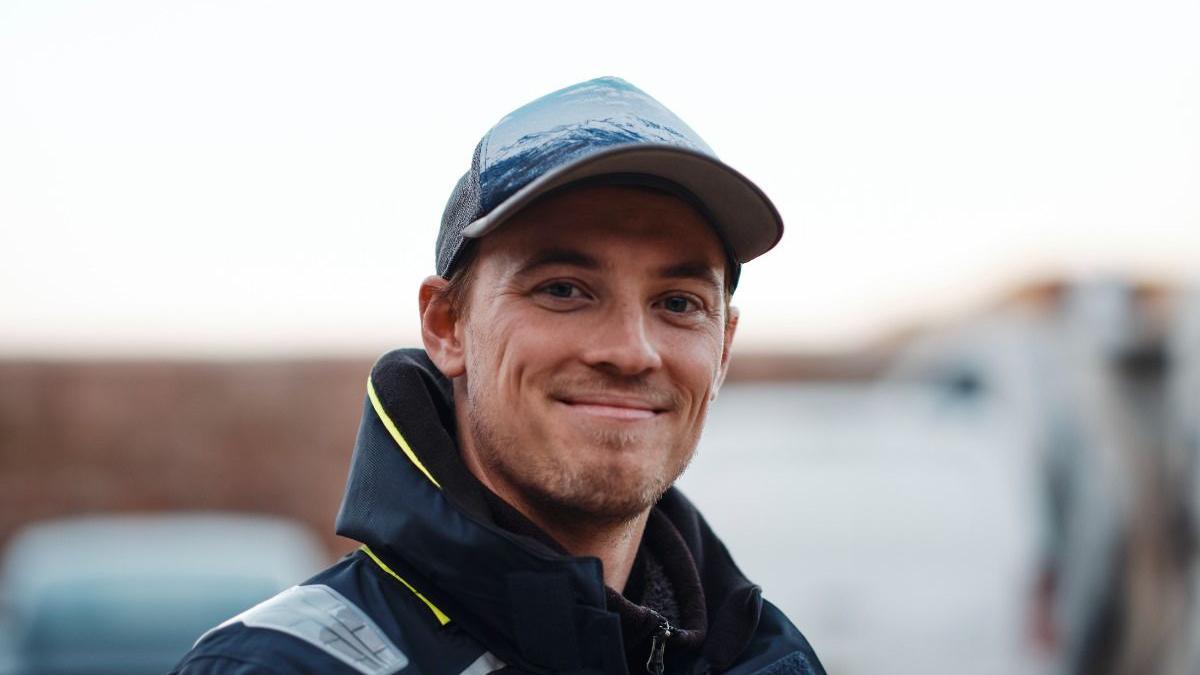
Freddie Watson said protecting habitats such as the island's maerl beds is the "only way" to secure the marine environment's future
Freddie Watson, Channel Islands project manager for the Blue Marine Foundation - a marine conversation charity - said the maerl beds are "arguably some of the most biodiverse habitats in the world, more biodiverse than coral reefs, more than our sea grass."
He said protecting these habitats is the "only way" to secure a long-term sustainable future for Jersey's marine environment.
"It’s the only opportunity we've had for the last few decades and probably the only one for the next few decades moving forwards," he said.
Diver and marine scientist Adam West said areas, such as maerl beds, needed further protection as they were "slow growing".
He said some of the bed structures were hundreds or thousands of years old.
Mr West said it was "so important" to avoid doing "irreputable damage" to habitats.
"There has been a lot of damage done and I've seen it myself when I have been diving in those areas.
"Even patches that have been damaged, if they're protected, there is still opportunity for regeneration."
Mr West said some habitats were more susceptible to damage than others.
"Although it would be nice to protect everything, it might not be the most realistic view.
"I think that is a sort of compromise.
"Select which sites we should really protect and others that might not be first in the queue for protection."
Follow BBC Jersey on X (formerly Twitter), external and Facebook, external. Send your story ideas to channel.islands@bbc.co.uk, external.
Related topics
- Published8 December 2023
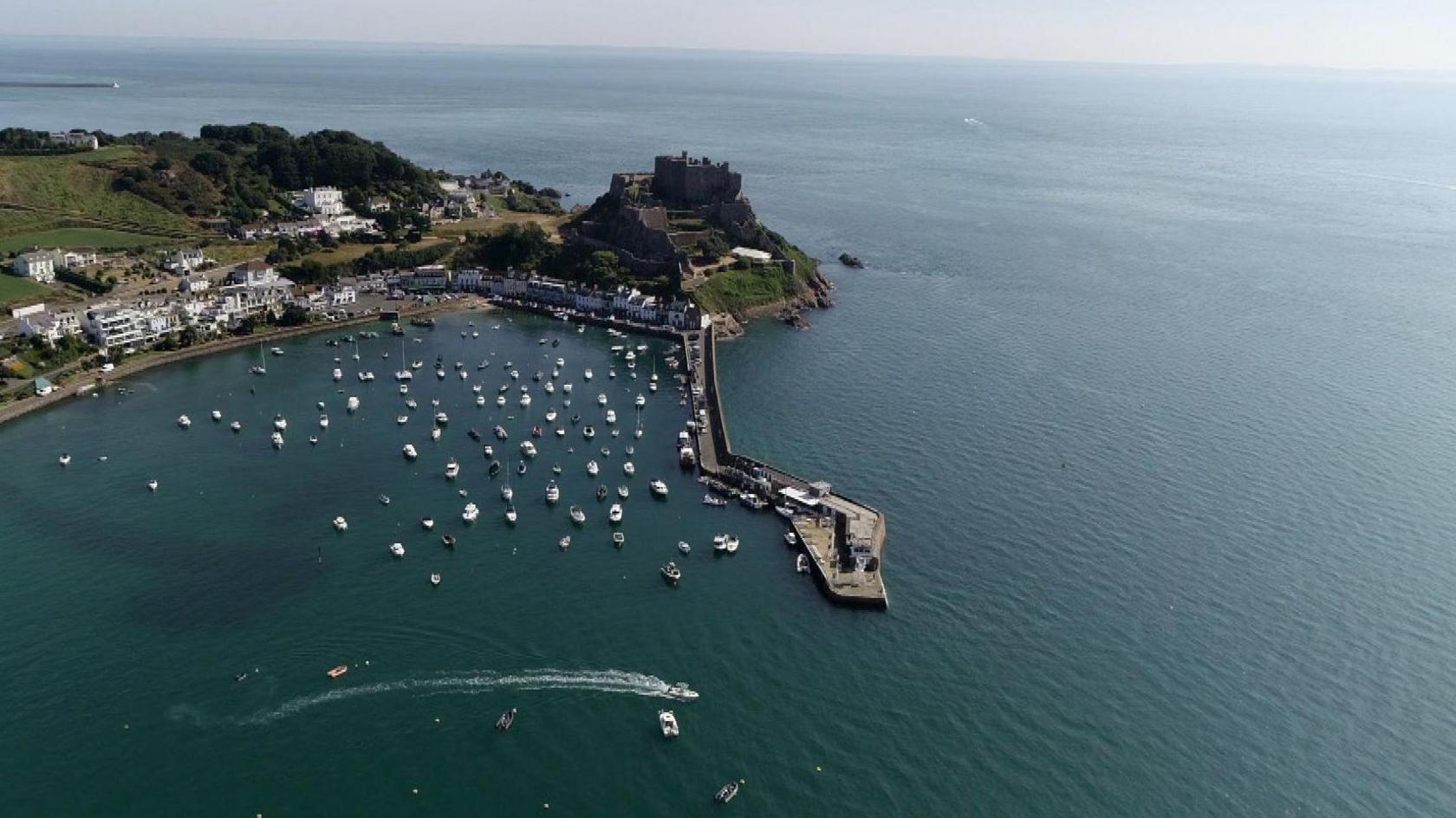
- Published27 November 2023
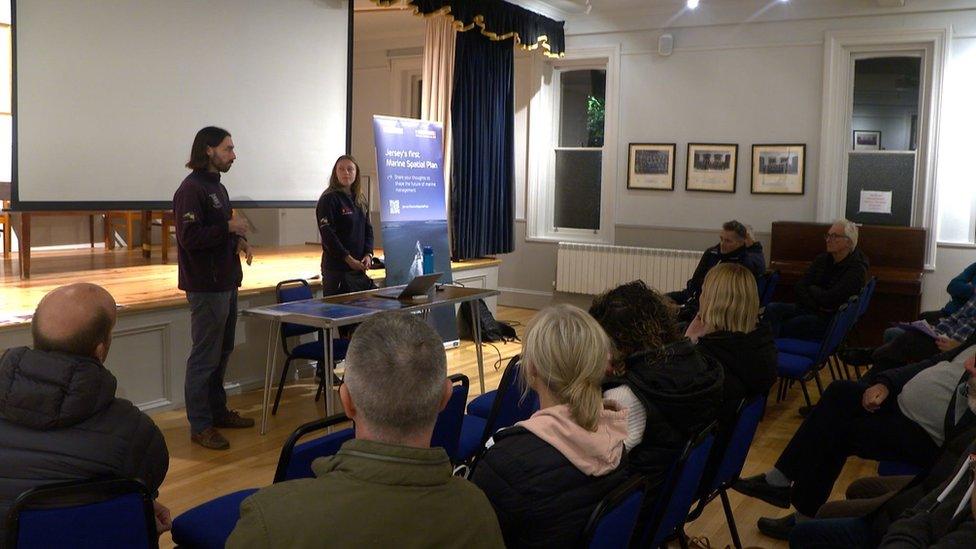
- Published26 October 2023
